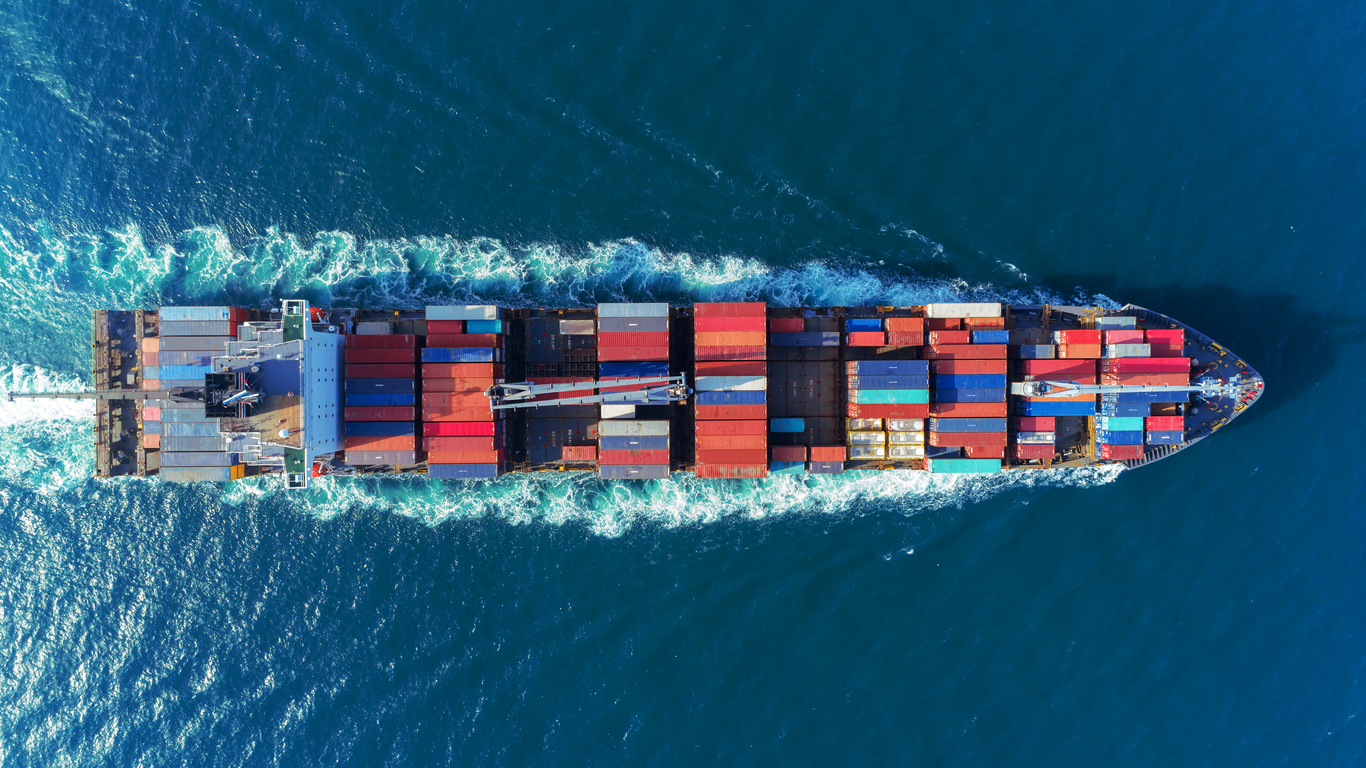The current global geopolitical situation is causing ongoing, massive supply constraints as the world deals with war, unstable political realities in multiple countries, inflation rises, and increasing concerns around power and fuel supplies. Global supply chains are stretched and producers of goods are keeping a close eye on the situation.
The war in Ukraine continues to disrupt the global supply chain in a myriad of ways including restrictions on exports, critical raw materials supply, and sanctions on Russia, themselves a massive producer of important materials such as nickel. In the early days of the war in Ukraine, multiple shipping companies halted freight in and out of Russian ports, causing a domino effect on exports worldwide.
Export restrictions on Russia have also caused price rises, meaning businesses are passing higher costs to consumers.
Global inflation is also impacting global supply chains, driving costs up in everything from production to transport and wages. If consumers can’t or won’t pay increased costs, demand will fall, in turn reducing the amount of goods needing to be produced.
The world discovered the joys of online shopping during lockdowns and while we may be emerging from the Covid era, people are still relying on international shipping for goods.
One of the biggest hurdles to international supply chains was China’s harsh and prolonged lockdowns. A government mandated zero-COVID-19 policy resulted in a stoppage of everything from factories to shipping operations, resulting in an unprecedented global shortage of goods. This had a massive impact on businesses ranging in size from Tesla and LG to micro businesses and sole traders.
The relaxing of Chinese lockdowns has seen a resurgence in production of goods and a resumption in shipping, but are global supply chains still impacted? Researchers believe that unless another immediate and hard lock-down is mandated by the Chinese government, it is unlikely that we will see a repeat of extensive delays and disruptions.
Shanghai, an important city for manufacturing and shipping, was hit especially hard with lockdowns. It is returning slowly to its previous levels, with ports and road freight capacity sharply increasing in recent months. Earlier this year, China released a range of policies to ensure their role in the global supply chain remains stable.
eMarketer, a market research company that provides insights on digital marketing, media, and commerce, thinks global retail ecommerce sales will continue to grow by double digits by next year. This proves that people are still happy to buy online and have their goods shipped to them – despite the possibility of delays and impact on global supply chains.
Other researchers point to signs that India is picking up the gap created by China’s lockdowns, with manufacturing moving to India in a variety of industries. Interestingly, Apple will soon start manufacturing their iPhone 14 in India – and everyone knows that where Apple goes others follow. Having a diverse range of countries, instead of relying on just China, to produce goods can only help the global supply chain.
However, a spokesperson from DHL believes China’s dominance in manufacturing and playing catch-up from the epic lockdowns means further delays in the global supply chain are to be expected. “It will take longer than we had thought until the system normalises again, and the global supply chain problems would probably continue beyond the crucial Christmas shopping season and into next year,” the spokesperson told Reuters.
This means companies should be finalising their arrangements on freight for the busy Christmas and end of year period, if they haven’t already.
With Christmas just around the corner, corporations and customers alike are hoping that the global supply chain is back to normal sooner than later.
To find out how Avion can help with your logistics needs visit www.avioninternational.com/en/avionaustralia/


